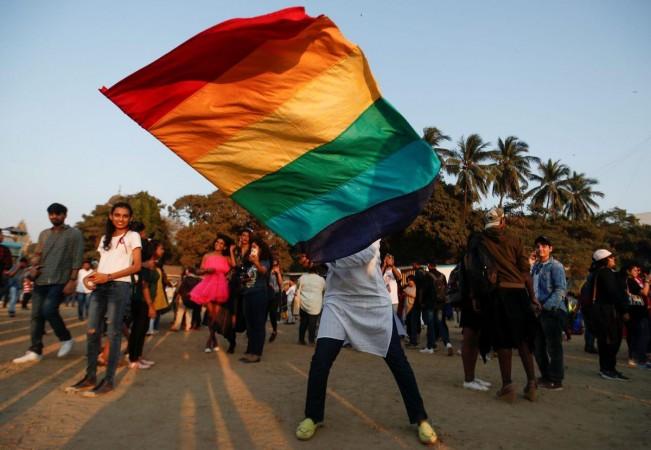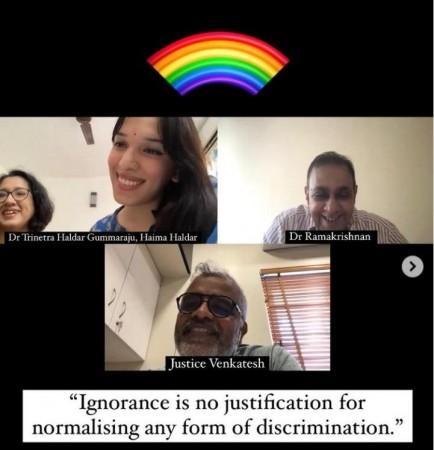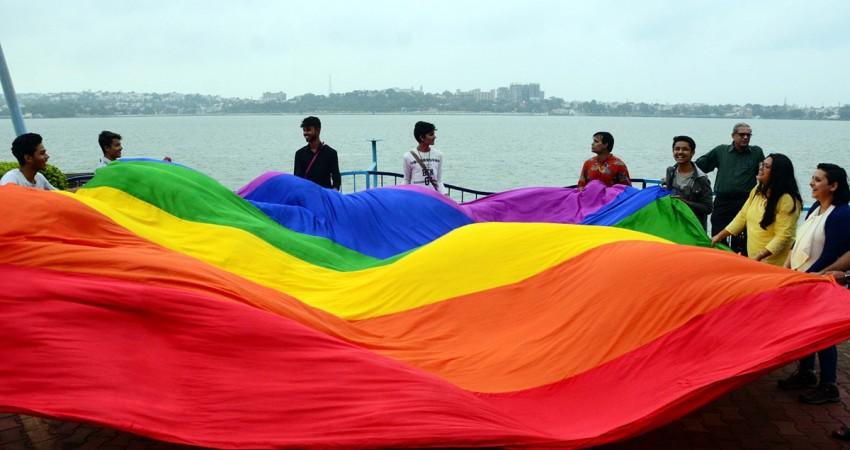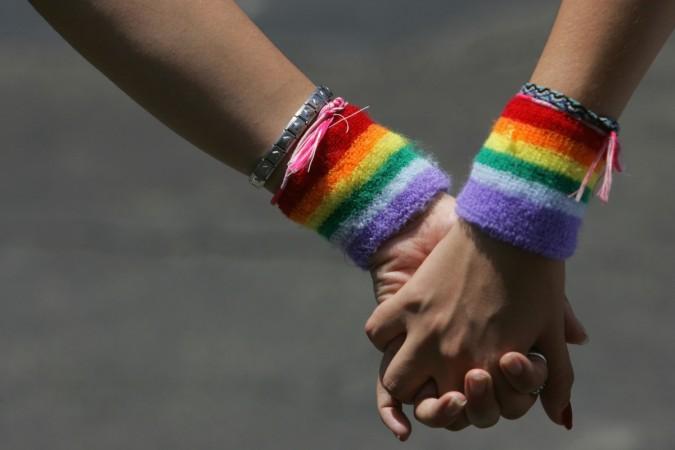On Monday, June 7, Madras High court in a breakthrough single-bench judgment banned cure therapy across the state and pronounced that LGBTQIA+ persons are entitled to their privacy and "have a right to lead a dignified existence, which includes their choice of sexual orientation, gender identity, gender presentation, gender expression and choice of partner".
But what's most noteworthy about this case—filed by a same-sex couple seeking protection from harassment—fought by advocate Manuraj S. on behalf of the petitioning couple (S Sushma v. Commissioner of Police), is the decision taken by Justice N. Anand Venkatesh to educate himself about the lives of LGBTQIA+ people before coming to a conclusion on the case.

Online class before passing judgment
In what comes across as a laudable expression of humility and willingness to learn, Justice Venkatesh said in his judgment that the psycho-educative sessions and interactions with LGBTQ community convinced him that he "must change all my preconceived notions and start looking at persons belonging to the LGBTQIA+ community as they are. I must frankly confess that the Petitioners, Ms. Vidya Dinakaran and Dr. Trinetra became my gurus who helped me in this process of evolution and pulled me out of darkness (ignorance)," stated Live Law.
Justice Venkatesh not only issued interim guidelines and suggestions to various bodies protecting and reaffirming the lives of LGBTQIA+ people but also shared his personal narratives on the matter and take away from the online sessions that he had with the petitioners.
"I realized after a one-on-one interaction with the Petitioners that it was I (us) who has to set off on a journey of understanding them and accepting them and shed our notions and not they who have to turn themselves inside out to suit our notions of social morality and tradition... I believe in all honesty and sincerity that even if my endeavor inspires, informs and changes a small collective of persons in understanding and accepting the LGBTQIA+ community, I would have achieved in delivering justice in its true spirit against discrimination and towards inclusivity," stated a copy of the judgment by Justice Venkatesh made available by Live Law.
The doctor who was 'guru' to Justice Venkatesh
Dr Trinetra Haldar Gummaraju, Karnataka's first trans-woman doctor who shared her personal experiences with Justice Venkatesh in an online session to make him more aware of the LGBTQIA+ community shared her excitement on social media.

"I'm humbled that Justice Venkatesh included the brief of our interaction in toto in the judgment, one that speaks of my lived experiences and those of so many queer individuals within and outside the hospital. I have never met an ally this humble, this receptive, this respectful of our identities. Every moment of our session was pure affirmation. Utmost gratitude to psychologist Dr. Vidya Dinakaran, Dr. L. Ramakrishnan, Vice President, SAATHII, Ms. Shanmathi, PCVC for collaborating with my mother and me in this effort."
Legal fraternity welcomes pathbreaking judgment
Sharing his experience about the case, advocate Manjuraj shared on the microblogging site, "So many portions of the order reflect my own journey during this case. And one of the unacknowledged stars is @arundhatikatju for her guidance and reassurance throughout. Thanks, again."
Another High court advocate Sanjay Pinto appreciating the pathbreaking judgment wrote, "The #LGBT judgment of #JusticeAnandVenkatesh, Madras HC, after going through sessions with psychologists as he was not fully 'woke', is seminal & path breaking. To consider the petitioners & psychologists as his "gurus" reflects commendable humility..."

Guidelines issued by Madras High Court
As per the guidelines and suggestions issued to several authorities and institutions such as the National Medical Commission, State and Union Governments, NCERT, UGC, Ministries of Health and Family Welfare, Women and Child Development, Social Justice and Empowerment:
1. Law enforcement shall not interfere in the lives of queer people and their relationships. Police and government officials should be given awareness training to ensure they respect the rights of people from the community.
2. The Ministry of Social Justice and Empowerment is to maintain an updated list of NGOs working for LGBTQIA+ persons within 8 weeks and establish queer/trans-inclusive shelter homes (Garima greh) within 12 weeks.
3. Medical and other educational institutions must sensitize and make themselves inclusive of LGBTQIA+ persons. Schools/ universities shall alter the curriculum to accommodate LGBTQ education and use PTA meetings as a platform to teach children and parents about the community.
4. Schools and colleges should make gender-neutral restrooms available, and gender-nonconforming or trans prisoners should be housed separately if needed to protect them from sexual assault.
4. The National Medical Commission revoke licenses of doctors practising any form of "conversion therapy" - a widely prevalent practice to "fix" or "correct" queer people.
Community vary of on-paper verdict
While the judgment in the case widely circulated by media now has brought some relief to the community, some wonder how much time would it take for change to seep in for real.
According to Reuters, although the court could not by itself impose such widespread change with a single ruling, government departments could not ignore the order to report back on the steps they plan to take to comply, and the arguments raised by the judge could serve as precedent for future cases.

"This is the first major order that addresses most challenges concerning the whole LGBTQIA+ community and issues specific directions... I am hopeful of change given the judge has indicated he would follow up on the directions on a regular basis, " said L Ramakrishnan, vice-president at SAATHII, a Chennai-based public health advocacy group as per Reuters report.
Who identifies as LGBTQIA and what is cure therapy?
LGBTQIA refers to people who identify as lesbian, gay, bisexual, transgender, queer (or those questioning their gender identity or sexual orientation), intersex, and asexual (or their allies). The 'cure' therapy or conversion therapy is the pseudoscientific practice of trying to change an individual's sexual orientation from homosexual or bisexual to heterosexual using psychological, physical, or spiritual interventions. There is no reliable evidence that sexual orientation can be changed, and medical institutions warn that conversion therapy practices are ineffective and potentially harmful.















